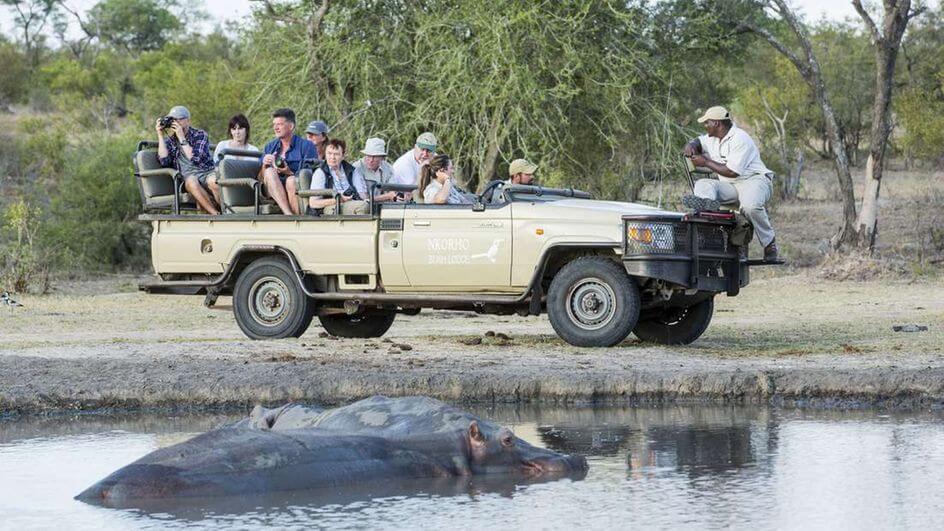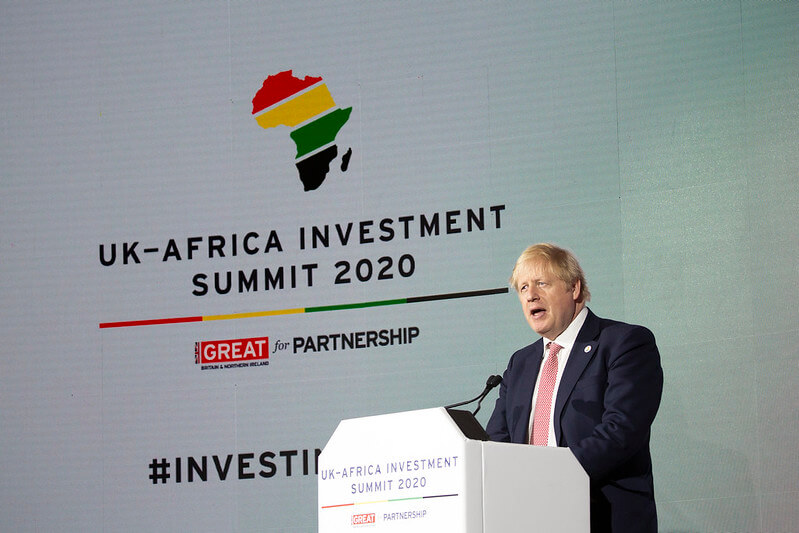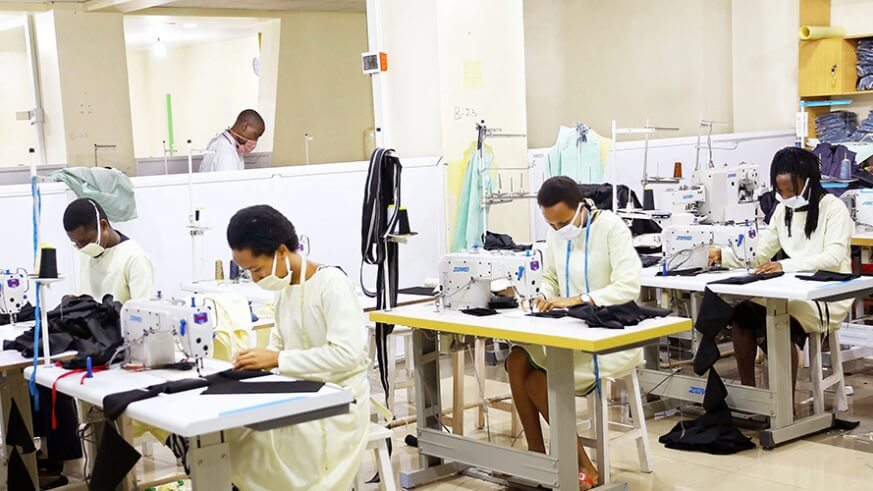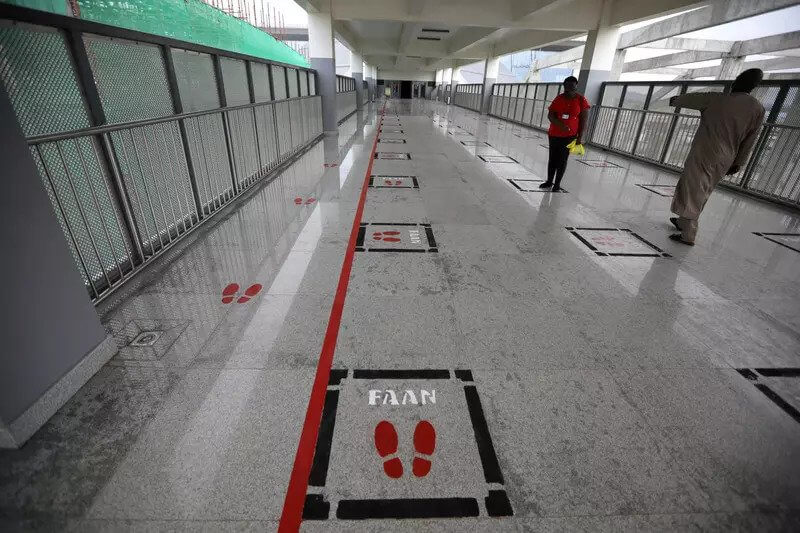In Summary The app will follow the trajectory of the truck and detect any smuggling or short-landing. The app is expected to be launched within two weeks. Truck drivers have welcomed a decision by the government to introduce an application through which they can access coronavirus test results. EU ambassador to Kenya Simon Mordue said Friday they are partnering the government to release the app in two weeks. The cargo transporters said on Sunday the app will limit the frequency of travel to Covid-19 test centres to pick their results. They also said the development will hasten the delivery of test results to individual drivers thus reducing the time they spend queuing on the roads. Mark Kibet who plies the Mombasa-Tororo route transporting clinker to the Tororo Cement Industry in eastern Uganda said he was ready to download and use the app. “That is a good decision because that app will help us when our samples have been taken. We will only be returning to our vehicles and wait for the results to come out through our phones,” he said in Amagoro. Results take two to three days and when they are released, drivers have had to travel again to Malaba to pick them, he said. Truck drivers are screened for the coronavirus after every 14 days and it has been cumbersome for them to travel to test centres to collect result certificates. Abdallah Boru who plies the Mombasa-Kampala and Mombasa-Juba routes said developers of the app deserve commendation. It...
Truck drivers welcome online coronavirus test results
Posted on: July 22, 2020
Posted on: July 22, 2020























